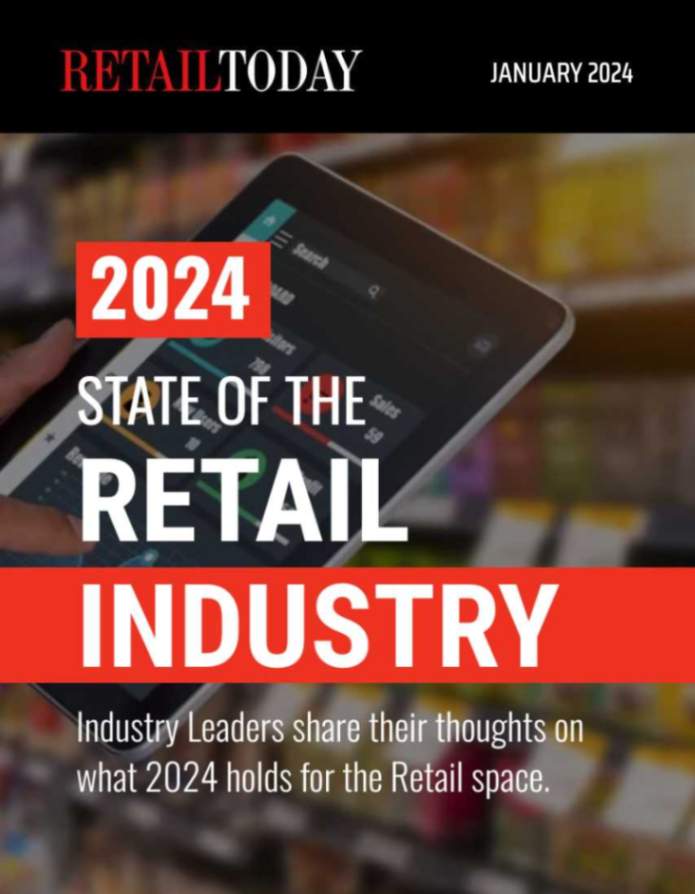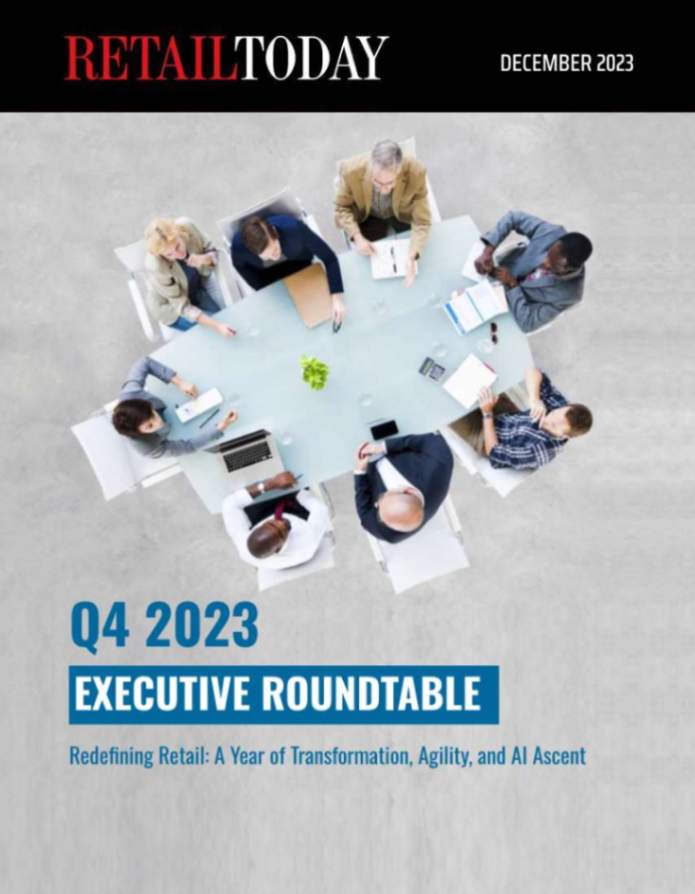Despite inflation and recession worries, consumer spending in the United States and the United Kingdom remain resilient. That said, a majority of shoppers this holiday season are motivated by discounts, with 65% of consumers in both regions planning to leverage loyalty programs to save money in the weeks ahead.
A YouGov survey commissioned by commercetools, the global leader in composable commerce, has shed light on the increasingly frugal tendencies of this year’s holiday shoppers. The study, surveying over 4,000 consumers across the two regions, focuses on the use of loyalty programs, regional comparative consumer behavior, and shopping habits.
Additional findings include:
- Millennial consumers (ages 35-44) are most likely (71%) to embrace loyalty programs to save money, while consumers ages 55 and up are least likely to use their rewards accounts.
- Women are more likely (71%) to use their loyalty programs to save money than men (58%), which could be attributed to men being less likely to have a rewards account (18%) compared to women (12%).
- UK shoppers are slightly more likely to use loyalty programs than US shoppers (66% vs 63%).
- Consumers in the US are twice as likely to say that they won’t be shopping during the holiday season compared to UK shoppers (7.10% vs 3.55%).
- US consumers who live in the Mid-West are least likely (60%) to use loyalty programs this holiday season compared to any other region.
- While over half plan to use their rewards to get better discounts,15% of consumers said they don’t have any loyalty programs.
“The mindset around loyalty programs is obviously shifting. Consumers fully expect to be rewarded for their allegiance to a brand, whereas before those rewards may have been simply perceived as a nice perk, but not a need to have,” said Jen Jones, Chief Marketing Officer of commercetools. “Given that over half of consumers are relying on loyalty programs this holiday season, the obvious strategy for brands would be to invest more in providing repeat customers with exclusive sales and discounts. Meeting consumers wherever they are and however they want is critical to retail sales growth.”
In response to increased demand for cost-conscious offerings, many companies are investing in their loyalty programs by providing personalized offers, early access to sales, and tailored rewards. This strategic approach allows businesses to build strong connections with their customers and encourage revenue growth during a time when brand loyalty has been shattered. With consumers switching between brands at unprecedented rates, it’s critical for businesses to have a commerce infrastructure that supports infinite scaling and unlimited flexibility to launch programs faster and experiment easier without technical or operational barriers.






